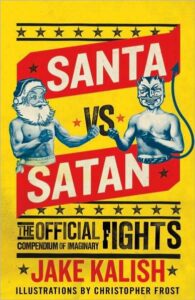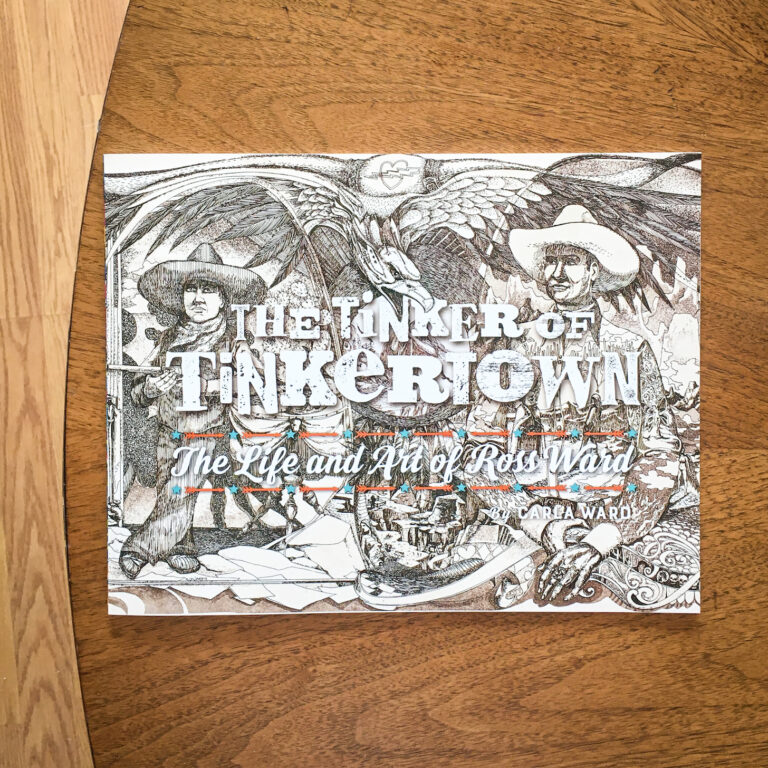“When life gives you radioactive lemons, use a lead-shielded catapult to launch them at the foragers attacking your compound."—Rob KutnerWith the apocalyptic reference book market so saturated with speculators, it’s a relief there’s a tome teaching not only how to survive the end of life as we know it but how to live better than ever. Robot uprisings, zombie invasions, swarms of nuclear reactor wall-eating moths— Rob Kutner’s little guide has practical, if ridiculous, insight for any catastrophe (probable or improbable) with clever ideas about making the end of times the best of times.Like most survival guides (at least the real, honest, survive-while-lost-in-the-wildneress ones), Apocalypse How begins with food security. Kutner is confident "the diet after" will likely consist of leather, roadkill, mutated whatnots and— gasp —other people. Dotted throughout this section are enticing recipes like "Leatherguini Alfredo" and "Steve Tartare,” as well as tips on food stashing, storing and bludgeoning. From food, the guide moves blissfully into the travel section. "Relocation, Relocation, Relocation" stresses the importance of getting away from it all with ideas on post-world home makeovers and tips on finding the choicest digs for your newly nuclear family. "Dress for Distress" tackles clothing form and function, with acceptably little bias on the side of function. Kutner then moves into a lengthy chapter on social life in "How to Win Friends and Influence Mutants,” discussing marriage, children, neighbors, class structure, enemies and mutant versions of all of these societal groups. The guide closes out with quick chapters on health, recreation and wealth, ending with a few chuckles as Kutner urges the last page be used for kindling.While Kutner’s irreverent guide is entertaining, it doesn’t warrant heavy study—that is, of course, unless you anticipate being prodded into a slave pen by talking gorillas. The humor and subject matter is too overt and far fetched. When every sentence is a punch line, the whole book is just punch lines. What kind of joke is that? Fans of Max Brooks’ The Zombie Survival Guide should ease right in to the book, while others may find it meh-worthy. Will this mark the apocalypse of the snarky-survival genre? Not by a long shot.
Book Reviews Santa Vs. Satan: The Official Compendium Of Imaginary Fights












